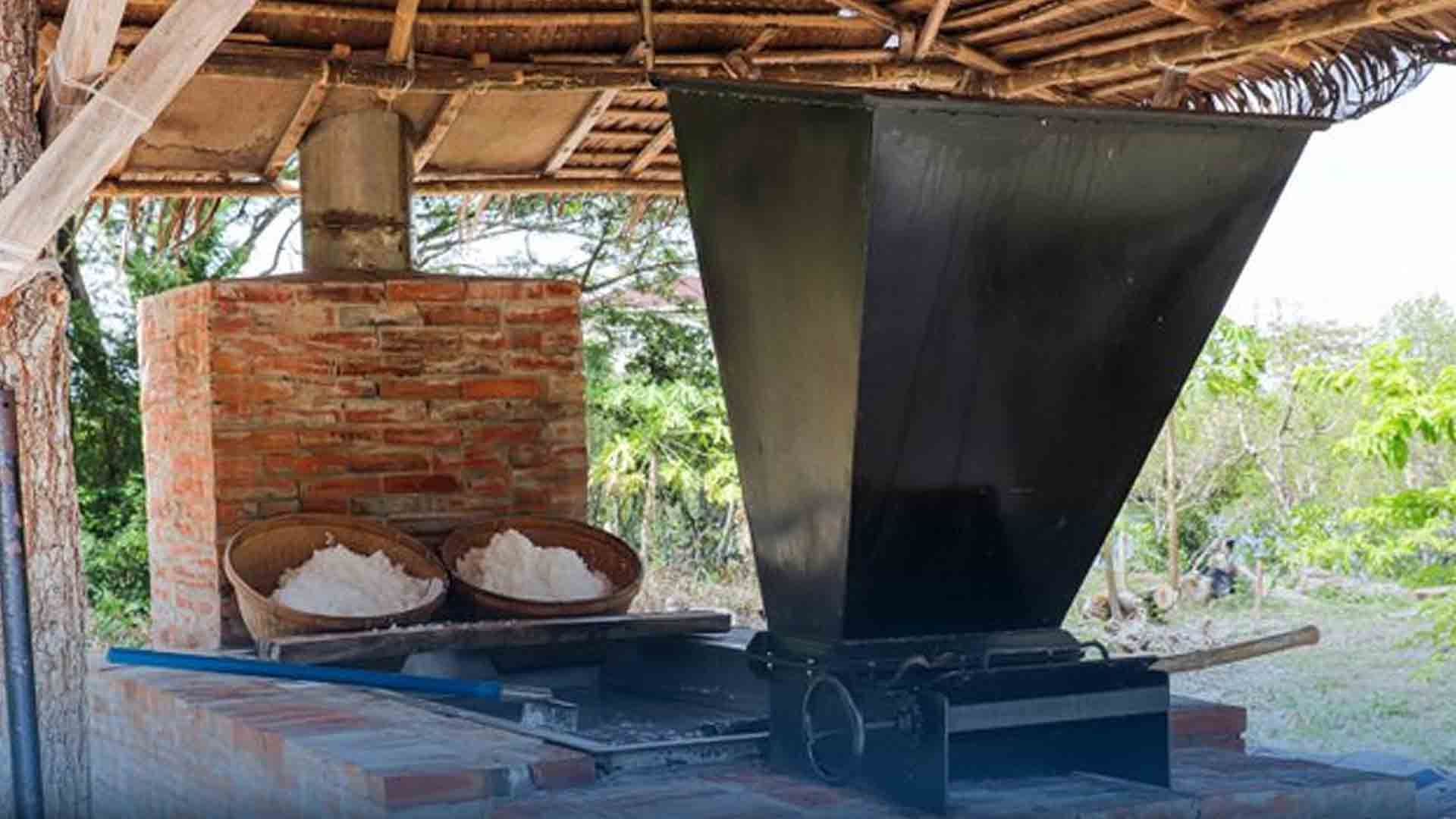The Department of Agriculture (DA), through the Bureau of Fisheries and Aquatic Resources (BFAR), will be leading various research and development activities to address preexisting problems in the country’s salt production industry.
Aside from boosting research, the BFAR will also be providing technical assistance to marginal and artisanal salt makers.
“The Department of Agriculture shall implement initiatives and measures to boost production and supply the requirements of both commercial and industry users,” the DA said in a press release on Sunday.
To achieve this, the DA will look into the expansion of production areas, and the development of technologies including an evaporation system and the use of various machineries to accelerate the production of salt.
Facilities for processing, packaging and value adding will also be provided to marginal salt makers under a co-sharing agreement.
The agency will also collaborate with national agencies including the Departments of Environment and Natural Resources (DENR) and Trade and Industry (DTI).
Under Republic Act 8172, or the Act for Salt Iodization Nationwide (ASIN) law, DENR, along with other appropriate national government agencies shall identify areas that are suitable for use as salt farms with the purpose of protecting such areas from environmental risks to ensure sustainability of iodized salt production.
The law mandates DTI to assist and support local salt producers/manufacturers in upgrading their production technologies to include iodization by helping them obtain soft loans and financial assistance for the procurement of salt iodization machines, packaging equipment and technology and fortificant; and by ensuring systematic distribution of the iodized salt in the market.
It also requires the addition of iodine to all salt intended for animal and human consumption to eliminate micronutrient malnutrition in the country.
Last year, BFAR has set in motion a PHP100-million Development of the Salt Industry Project (DSIP) under the Special Budget Request (SBR) of the Congressional-Introduced Initiative Project.
The project, which covers Regions 1 (Ilocos), 6 (Western Visayas), and 9 (Zamboanga Peninsula), aims to increase salt production and produce excellent quality of salt through enhancement and improvement of the different methods and practices on salt production, and product compliance to food safety standards.
It was jointly undertaken by the BFAR Central Office, the National Fisheries Research and Development Institute and concerned BFAR regional offices.
Decline of salt production
To date, the country has been importing 93 percent of its salt supply, an unfortunate circumstance to a country with 36,000 kilometers of shoreline.
Low quality control and stunted product improvement for many years are among the factors have contributed to the decline in the production of salt, according to the DA.
Another factor is limited development, including the lack of innovation and interventions, and low enterprise and investment opportunities that resulted in the decrease in the production of the said commodity.
The sector has failed to adapt to the challenges caused by global climate change, food safety standards and quality requirements, and tariff reduction, and meet the mandatory iodization imposed by the ASIN law.
On Thursday, the DTI assured the country has a sufficient supply of salt.
The DTI earlier approved an increase in salt prices after remaining unchanged for roughly six years.
Based on the DTI’s suggested retail price (SRP) bulletin released on Aug. 12, the prices of several salt brands have increased.
The SRP for iodized rock salt was set at PHP21.75 for 500 grams and PHP23 for 1 kg. (PNA)







